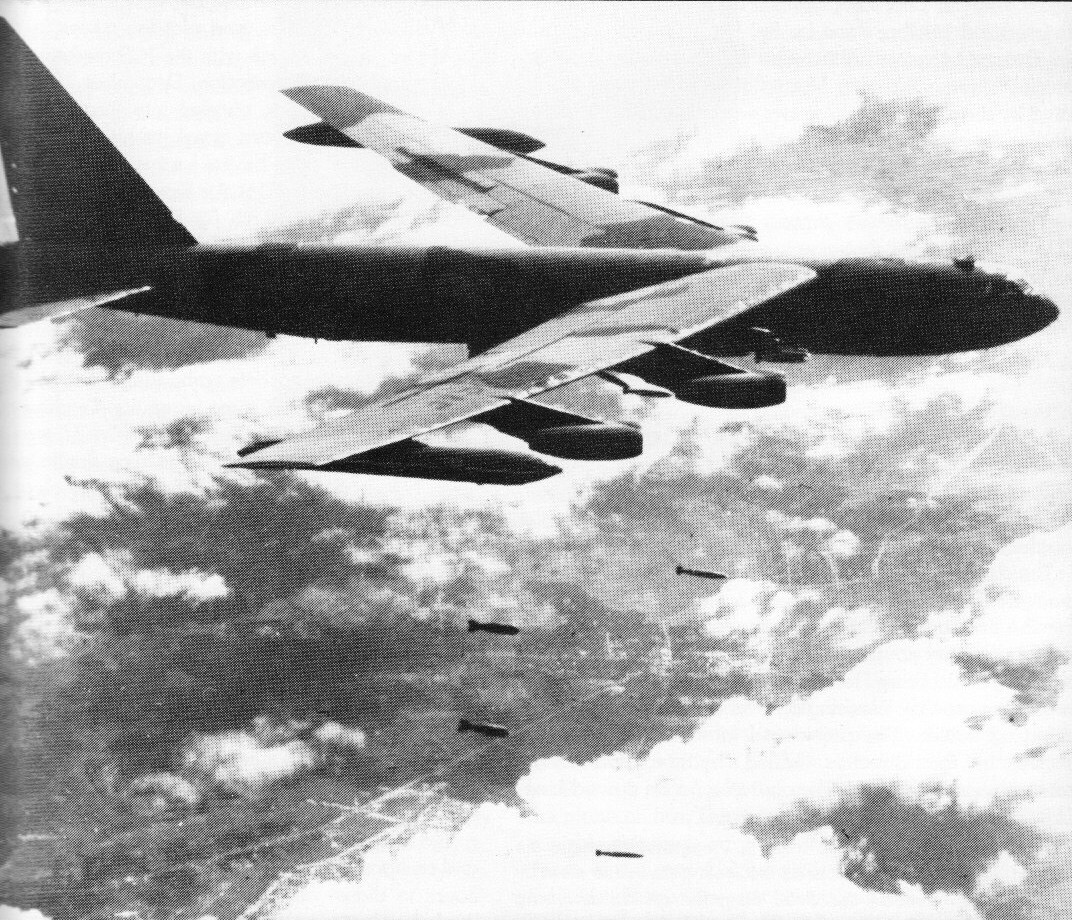It happened today - December 18, 2015
 On December 18, 1972, Richard Nixon began the “Christmas bombing” of North Vietnam. No, he wasn’t confused about the date, or the season. But he knew geopolitics doesn’t take holidays.
On December 18, 1972, Richard Nixon began the “Christmas bombing” of North Vietnam. No, he wasn’t confused about the date, or the season. But he knew geopolitics doesn’t take holidays.
His critics, who dubbed it the Christmas bombing, thought he was insane, and said so in terms that raised questions about their own mental balance. Even scholars rave about “systematic terror strikes... calculated barbarianism... final savagery”. Supposedly peace was at hand in Vietnam, they objected, thanks to the statesmanlike approach of, uh, Richard Nixon. And it was the season of peace on earth. What could have prompted this atavistic eruption?
The answer is simple. Nixon had indeed brought peace within reach in Vietnam by a cunning combination of sticks and carrots, not so much directed at the Vietnamese themselves but at their Soviet sponsors. By withdrawing American troops steadily from Indochina while periodically striking hard blows with what was left he had bought time there. And meanwhile he had been at work on a “structure of peace” through a détente strategy of trading economic benefits and to some extent recognition as a reputable state to the Soviets in return for nuclear and Third World military restraint on their part.
Critics might disagree, and did at the time, as to how tough a bargain Nixon was really driving. But he knew he had to be tough, that the Soviets would take as much as they could and give as little. And so it was that, with peace in sight and Nixon safely reelected, the Soviets’ clients in Hanoi suddenly walked away from the table, Nixon knew he had to strike hard. And strike he did.
After two weeks of bombing, the talks uncollapsed. The North Vietnamese came back to the table, accepted the terms they had earlier rejected, and a peace agreement was signed. As Henry Kissinger reportedly said, “We bombed the North Vietnamese into accepting our concessions.” As for it being Christmas, well, the North Vietnamese had been no more reluctant to unleash their Viet Cong allies during the traditional lunar festival of Tet in 1968 than Muslim nations were to attack Israel on Yom Kippur during Ramadan in 1973.
The North Vietnamese were also lying, of course, when they accepted Nixon’s terms. Or at least they were not fully sincere. They would only keep their end of the bargain, that they would stop trying to invade South Vietnam, if the United States continued to be resolute.
It did not, for various reasons including the Watergate scandal into which Nixon foolishly stumbled. Actually I dislike the word “scandal” here almost as much as I dislike the press sticking –gate onto every piece of misconduct. Watergate was I think worse than a routine scandal. It was an abuse of power on a menacing scale.
However that may be, after Nixon resigned the Democratic Congress absolutely rejected all Gerald Ford and Henry Kissinger’s efforts to support their ally in Saigon against renewed aggression. Instead of grasping the lesson of the Christmas bombing, that peace is only bought by resolution and vigilance, they concluded that Nixon had achieved peace in spite of his willingness to take military action not through it. And the limited freedom of the South Vietnamese was lost; among other ironic developments the Communist victors burned books by Jean Paul Sartre, who had accused the U.S. of genocide in Vietnam in 1968. And the Khmer Rouge unleashed a real genocide.
Maybe Nixon was onto something after all.